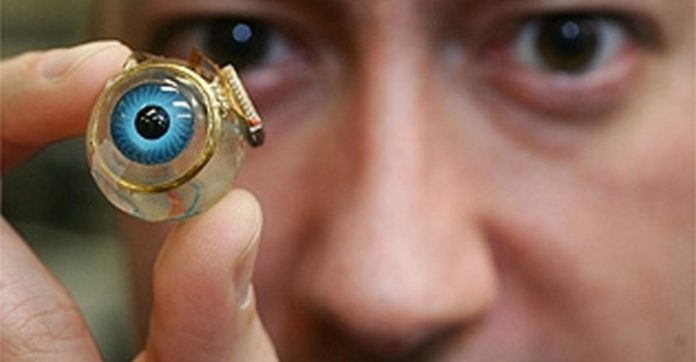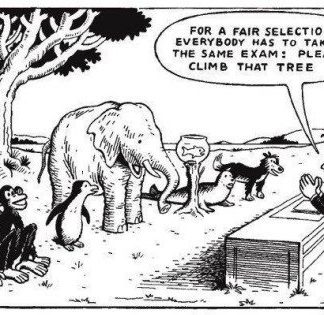When I tried to answer the question of what the most important discovery of the last decade has been, I naturally had to ask and try to answer another equally vital question. What is technology and what it has given us?
Frankly speaking, it has given us so much over the centuries that a thousand pages will not be enough to document that while discussing medicine, communication, transport, space, industry, etc. we always keep coming back to the incredible gifts that technology has bestowed upon us. It has transformed everything to such an extent that if our ancestors were to revisit the world, they would think of it as a dreamland. Even the meaning of the word ‘technology’ is as wide and varied as its effects. Yet, broadly speaking it is the skill of extraction and processing of materials. Beneath this simplistic definition lies the ocean of knowledge and light that has both simplified and complicated our lives in equal measures.
Then, returning to the last decade, it seems that one of the most important discoveries is the ability to carry light to those living in constant darkness. Yes, it definitely sounds fictional, but it is true and is present and palpably so, in the form of ‘Bionic eye’.
For most of us who can see normally, it is difficult to imagine the pain and desperation of blindness. It renders even otherwise normal and potentially talented people helpless in many ways. An acute sense of insecurity clouds their whole existence. They are seemingly enclosed by some kind of an endless wall of darkness built around them by fate, accident or illness. As a result, they mostly fail to live life to its fullest.
It is true that certain people like Helen Keller, pianist Ray Charles and the dancer Alicia Alonso have achieved greatness in their respective fields in spite of their trying circumstances. However, at the same time, we cannot say what they could have achieved, had they been endowed with a normal vision. Similarly, we do not know how many more like them were defeated in their battle against visual impairment. While their pain is unfathomable for us, perhaps in equal measure it is difficult for us to understand what joy the gift of vision would bring to them!
In several forms of blindness, the failure to detect light in the retina at the back of the eye turns out to be the main culprit. In the absence of certain cells known as photoreceptors, the nerve cells cannot detect light. The person thus suffers from blindness. Although the nerve cells cannot work on their own, they can still respond to electronic stimulation. It is this concept, which formed the basis of bionic-eye as originally proposed by revolutionary American scientist Benjamin Franklyn.
Broadly speaking, the whole idea of Bionic eye is to recreate the photoreceptors. It is done by producing an array of stimulating electrodes and placing it on the retina. Thereby, it is fed by a digital camera, which is meant to convert light into electrical signals that report the intensity of light. In a bionic eye, the signals from the camera are sent to the stimulating electrodes positioned in the eye. Fortunately, the nerve cells cannot detect the difference between fabricated electrodes and natural photoreceptors and hence they get stimulated and send information to the brain to provide the functional vision.
Although a lot of complexity is involved in, devising a product of such intricate and sensitive function, but its success has brought cheers to the lives of many a deprived soul. Several bionic eyes have been successfully implanted over the years since surgeons at Manchester and Moorefield made history in 2009. Although the images that they give are still only near perfect, but they are very much serving the purpose they are meant for. Hopefully, that day is not far when a device like this would be at par with God-gifted eyes.
It reminds me of those words once spoken by the great Martin Luther King Jr. “Darkness cannot drive out darkness. Only light can do that…”
True, he meant the light in a symbolical sense but literally speaking, light holds the same meaning for those who are visually impaired. Now that the technology is able to drive out the darkness from the lives of many such people through Bionic eyes, I feel that it is one of the greatest discoveries of all times.
 Author Bio : Ananya Aloke, 14 years old from Virar, Editor’s Choice Winner of the International Essay Competition, month of September.
Author Bio : Ananya Aloke, 14 years old from Virar, Editor’s Choice Winner of the International Essay Competition, month of September.

















